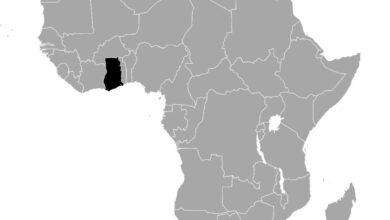Uber stops fintech plans in Mexico

However, other companies operating in the same area, including DiDi and inDrive, are currently increasing their input in the financial landscape, providing payments, loans, and credit cards, and amplifying the capabilities of collaborative economy platforms on digital finance. Both DiDi and inDrive worked on similar projects to Uber’s, with the companies aiming to expand their ecosystems and enter the transportation, delivery, food marketplace, and finance. The strategies of these companies differ from one to another, with Uber currently postponing its plans, while the other two enhancing their approaches to discover the potential of alternative data and financial inclusion in Mexico.
In addition to Uber’s plans in Mexico, inDrive recently launched inDrive Money, which offers cash loans to drivers operating on its platform in Mexico. The solution is set to allow drivers who are often marginalised by traditional financial institutions to access loans from the company’s lending partners. Through this move, inDrive intended to enhance its time-to-market, while also generating additional benefits for the platform. Also, DiDi expanded its loan offerings to all Mexicans via its independent DiDi Finanzas app, as well as launched the DiDi Card credit card issued by Regigold, a regulated financial institution in Mexico.
As underlined through the above-mentioned advancements, the gig economy provides several opportunities, as well as the capabilities of alternative data, and prospects for financial inclusion in the region as transportation and delivery platforms enter the financial and fintech ecosystem.
Uber’s recent developments
Furthermore, at the end of December 2023, Uber for Business, the company’s enterprise arm, partnered with Brex and Ramp to modernise expense management. The integrations were set to automate receipt matching for Uber rides and meals, supporting companies to simplify expense management and save time on and off the road.



